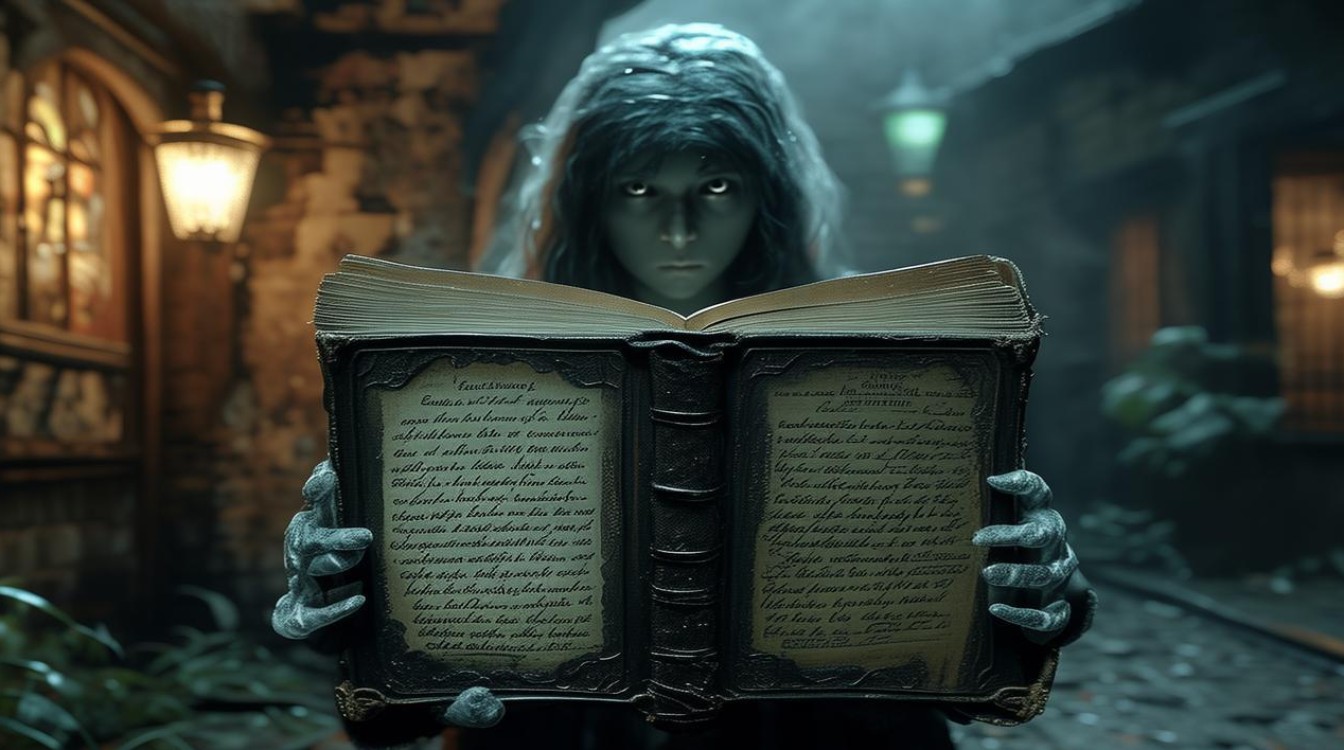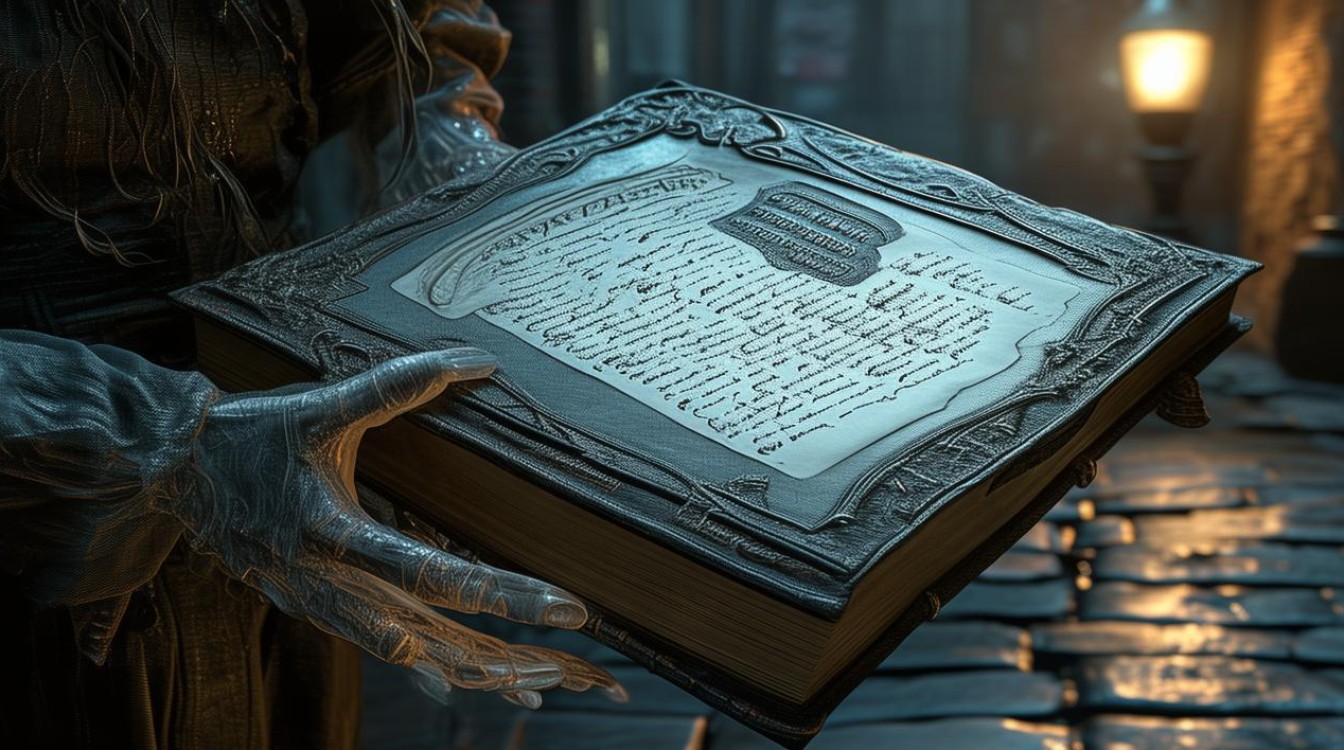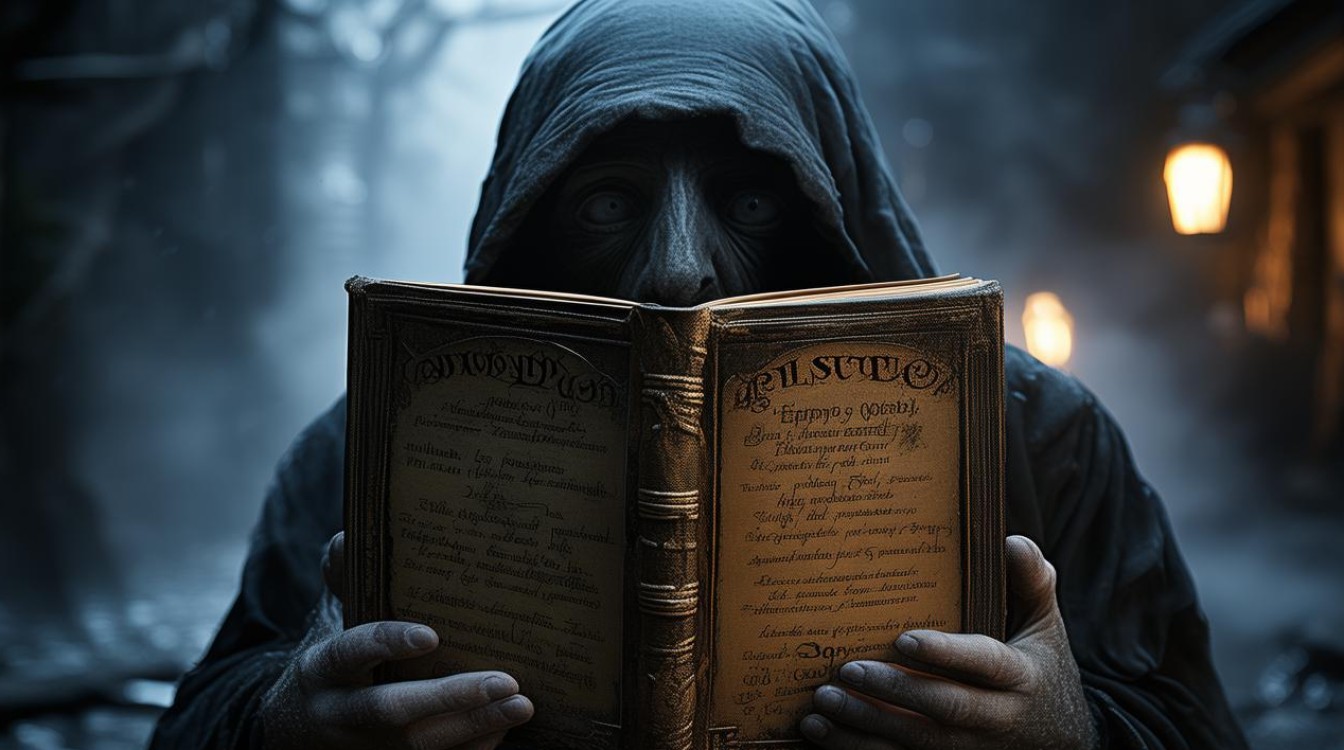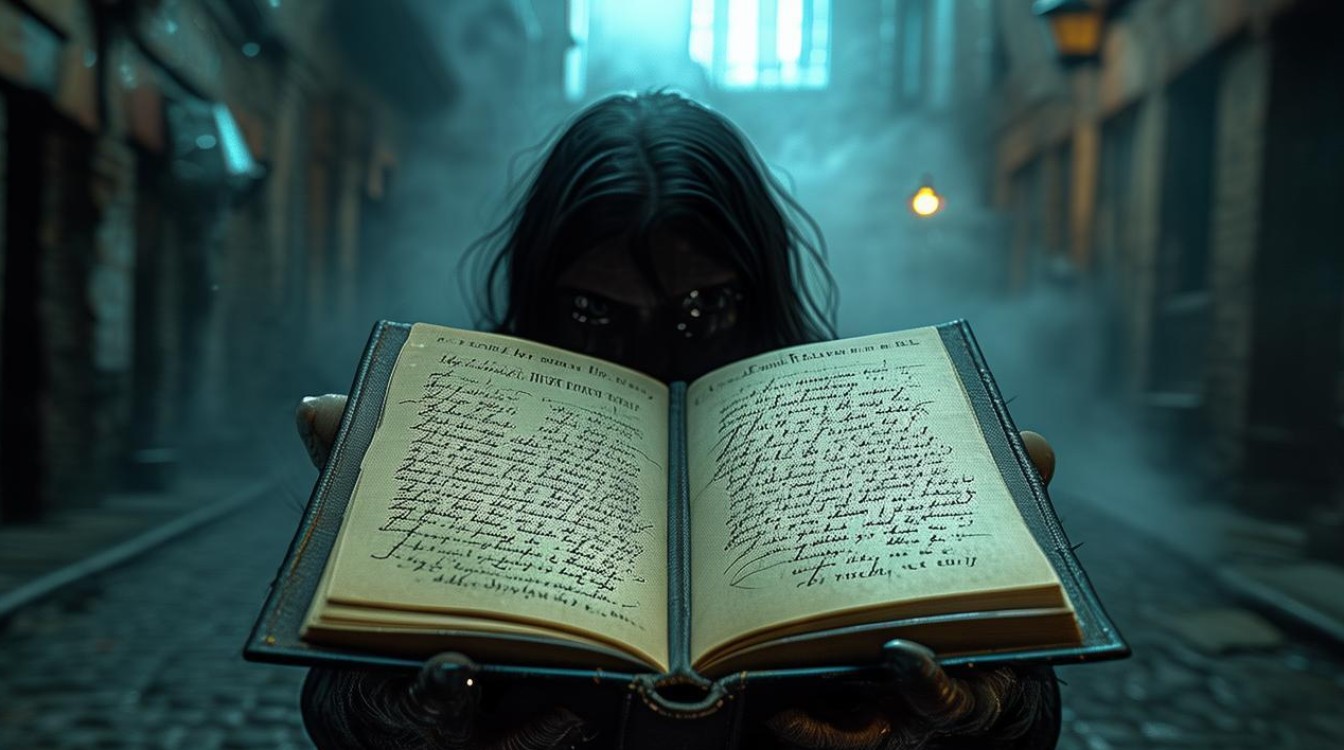The English language is rich with vocabulary tied to the supernatural, particularly ghosts and spirits. These words evoke mystery, fear, and fascination. Whether you're a writer, a language enthusiast, or simply curious, understanding these terms can deepen your appreciation for folklore and storytelling. Below is a curated list of ghost-related English words, along with their meanings and cultural significance.

Ghost
The most common term for the spirit of a deceased person believed to appear to the living. Ghosts are often depicted as translucent or shadowy figures. In literature and film, they may represent unfinished business or unresolved emotions.
Phantom
A phantom is a ghostly apparition, sometimes linked to illusions or hallucinations. Unlike ghosts, phantoms may not necessarily be tied to a specific deceased individual but can be manifestations of fear or imagination.
Specter (or Spectre)
A specter is a haunting or ominous ghost, often associated with doom or warning. This word carries a more menacing tone than "ghost" and is frequently used in gothic literature.
Wraith
A wraith is a ghostly figure, sometimes seen as an omen of death. In Scottish folklore, a wraith might appear as an exact double of a living person, signaling their impending demise.
Poltergeist
Derived from German ("poltern" meaning to make noise and "geist" meaning spirit), a poltergeist is a mischievous or violent ghost known for causing physical disturbances like moving objects or loud noises.
Apparition
An apparition refers to a sudden, unexplained appearance of a ghostly figure. Unlike ghosts, apparitions may not linger and often vanish quickly.

Revenant
A revenant is a deceased person who returns from the dead, often with a specific purpose, such as seeking revenge or completing a task. This term is common in medieval folklore.
Shade
In classical mythology, a shade is the spirit of a dead person residing in the underworld. The term is sometimes used poetically to describe ghosts in a more subdued, sorrowful light.
Spirit
A broad term encompassing ghosts, souls, and supernatural entities. Unlike ghosts, spirits may not always be tied to human forms and can include benevolent or neutral beings.
Doppelgänger
Though not strictly a ghost, a doppelgänger is a supernatural double of a living person. Seeing one’s doppelgänger is often considered a bad omen.
Banshee
Originating from Irish folklore, a banshee is a female spirit whose wailing foretells death. Unlike typical ghosts, banshees are tied to specific families and serve as omens rather than lingering spirits.
Haunt
While "haunt" is a verb meaning to visit or torment as a ghost, it can also refer to a place frequently visited by spirits. Haunted locations are staples of ghost stories and urban legends.

Eidolon
A poetic term for a phantom or ghost, often used in literature to describe an insubstantial or idealized form.
Fetch
In Irish folklore, a fetch is a supernatural double that appears as a harbinger of death. Similar to a doppelgänger, seeing one’s fetch is an ominous sign.
Spook
A colloquial term for a ghost, often used in a lighthearted or less serious context.
Shadow Person
A modern paranormal concept, shadow people are dark, humanoid figures often seen in peripheral vision. Some believe they are malevolent entities.
Residual Haunting
A phenomenon where a ghostly event replays like a recording, with no interaction between the spirit and the living. These hauntings are often tied to traumatic or emotionally charged past events.
Elemental
In occult traditions, an elemental is a spirit tied to natural forces (earth, air, fire, water). Some consider them ghost-like entities, though they are not human spirits.

Djinn (or Jinn)
From Arabic folklore, djinn are supernatural beings with free will, capable of interacting with humans. While not ghosts, they share similarities in their elusive and sometimes haunting nature.
Will-o’-the-Wisp
A ghostly light seen over marshes or bogs, often attributed to spirits or fairies luring travelers astray.
Cultural and Literary Significance
Ghost-related words permeate literature, film, and folklore. From Shakespeare’s use of the ghost in Hamlet to modern horror films, these terms shape how we interpret the supernatural. Different cultures have unique interpretations—what Western traditions call a "ghost," Eastern traditions may describe as a "yūrei" (Japanese) or "preta" (Sanskrit).
Why These Words Matter
Understanding ghost vocabulary enhances storytelling, cultural literacy, and even paranormal research. These words carry historical weight, evolving alongside human beliefs about death and the afterlife. Whether you're crafting a spooky tale or studying folklore, knowing these terms adds depth to your work.
Language is a living entity, much like the spirits it describes. The next time you hear a creak in an old house or see a shadow move, you’ll have the perfect word to describe it.

